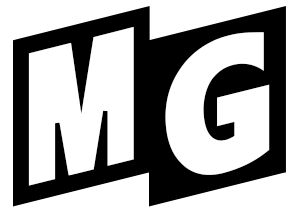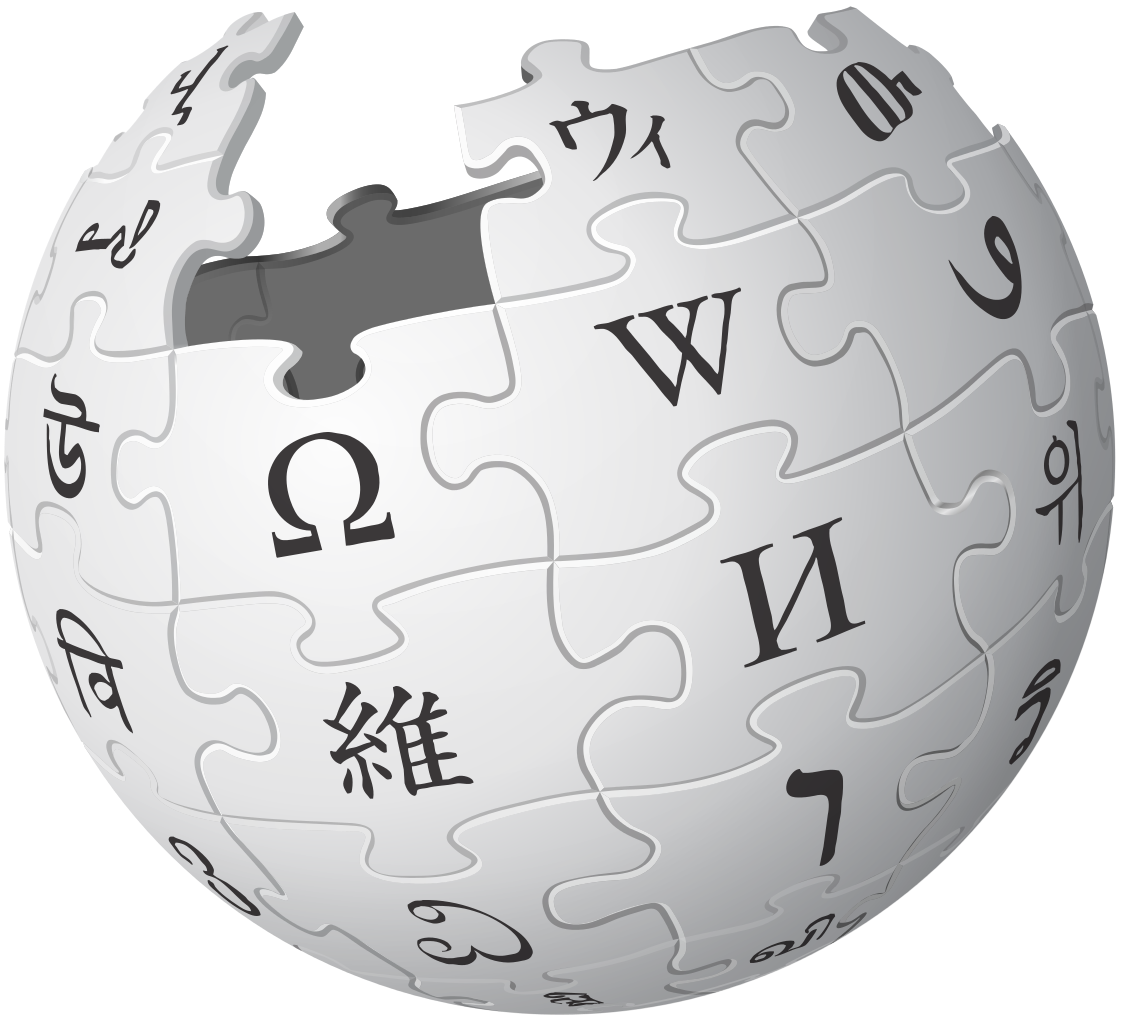Reposted from the defunct PNConnect blog.
Late last night, the Wikimedia Foundation published a blog post announcing that a massive ring of “black hat” Wikipedia editors has been banned from the site. It appears that these editors created and edited Wikipedia articles in exchange for pay, without disclosing this conflict of interest on the site. As a result, so far, 381 user accounts have been blocked and more than 200 articles created by these accounts have been deleted.
This is the latest in a series of major busts of unethical Wikipedia editors, from Wiki-PR in late 2013 to Sunshine Sachs this past June. Wikipedia is making a serious effort to crack down on paid editors who try to manipulate its democratic structure to introduce bias and inaccuracy. In this most recent case, the operation was impressively sophisticated: The network of fake accounts included some accounts that authored sponsored articles, and other accounts that helped create the appearance of community consensus and support for those articles. Nevertheless, these editors were still exposed over time, demonstrating that even extensive Wikipedia savvy can’t conceal bad practices for long.
The articles created by these shady accounts touch on a wide diversity of topics, which means that whoever was behind these accounts likely had various clients. In many cases, these clients likely had no idea how their requested edits were being achieved. In several cases, it appears that they were even blackmailed into paying for continued shielding of their articles from normal Wikipedia review and deletion processes. The lesson here is clear: Don’t hire someone to help you on Wikipedia without knowing about the ethics behind their approach. If they engage in underhanded practices, it will reflect poorly on you when they almost inevitably get exposed. Now all the clients who paid these editors to have influence on Wikipedia have nothing to show for it except for a bruised reputation.
How can brands engage on Wikipedia in an ethical, open way to achieve changes that don’t get taken down as soon as they’re reviewed? Fortunately, PR firms (including Porter Novelli) and Wikipedians have collaborated on a road map for how to do just that. At Porter Novelli, we help clients engage with Wikipedia in an honest, straightforward manner. We disclose our conflicts of interest and collaborate with the Wikipedia community to make changes that benefit not just our clients, but Wikipedia as well. These edits reflect well on our clients and withstand the test of time, creating lasting positive change. Reach out to me or to Porter Novelli to learn more about how we engage with Wikipedia ethically and openly.

